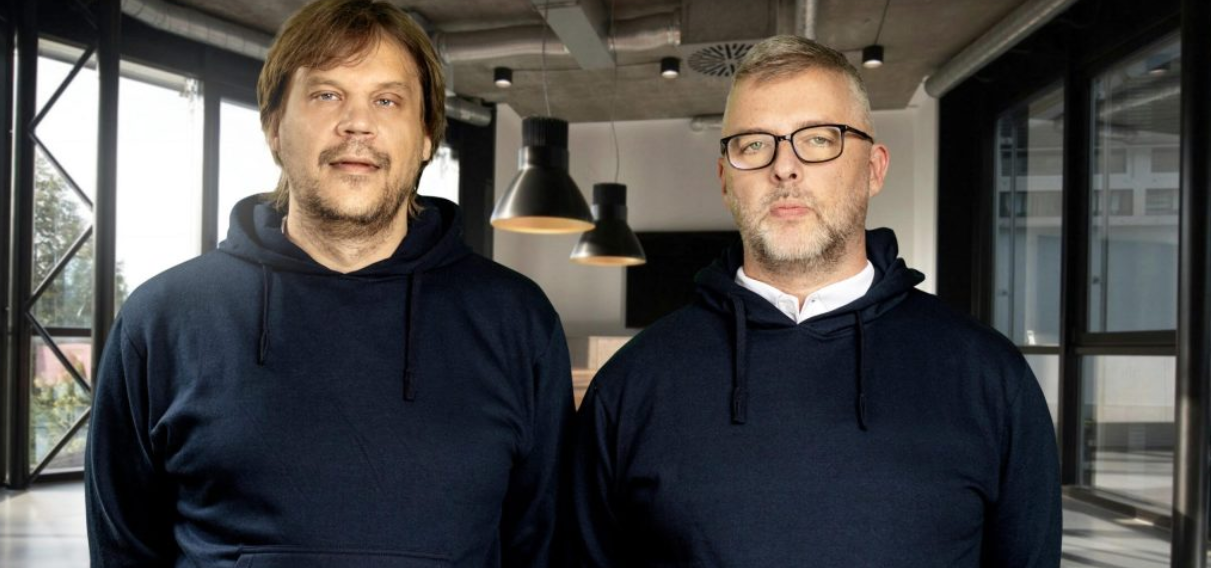“CEOs woke up 18 months ago to this is real,” said Eric Kutcher, Senior Partner and North America Chair at McKinsey & Company, setting the stage for a powerful discussion on the future of AI infrastructure. In a fireside chat with Qualtrics CEO Zig Serafin, moderated by Diane Brady of Fortune, both leaders explored how AI is fundamentally changing industries, the steps required to sustain this growth, and the responsibility that comes with wielding such transformative technology.
The conversation went into the rising expectations surrounding AI, with Kutcher explaining: “There is an entire business of what I do today that I can do completely differently with a much better experience.” This shift, he believes, is a game-changer for industries aiming to elevate customer service and optimize operations through AI-driven processes. AI’s potential to “completely reimagine” existing business models is evident, and as Kutcher pointed out: “We’re starting to see these autonomous agents as a mechanism to begin to rewire and rethink business models.”
Serafin, reflecting on this new paradigm, underlined a shift in how companies engage with consumers.
“We’re entering a new framework where you will have an agent-based world,” he explained, seeing a future where AI systems move beyond supporting applications to delivering fully autonomous, customer-centric experiences. The stakes are high, especially as companies integrate AI into their operations. According to Serafin: “Experience is essentially the currency of trust,” underscoring the need for AI systems to foster transparency and build trust with customers.
As these AI applications expand, the infrastructure to power them presents both opportunities and challenges. Kutcher addressed the massive need for data centers, stating: “If you actually look at all the growth in data centers around AI, you’ve got to build the data centers, but we don’t have enough power.” This infrastructure gap raises concerns about energy requirements, prompting tech leaders to explore more sustainable power sources. The growth of AI data centers demands “massive investments,” Kutcher adds, suggesting that the hyperscalers — major technology providers — will likely drive these developments.
Serafin further elaborated on the infrastructure front, dividing the field into “hyperscaler AGI” models, which require vast compute power, and task-specific AI models tailored for particular business needs. The latter, he argued, offers a more cost-effective, efficient solution for businesses aiming to harness AI for specific tasks.
“The idea of actually building sustainable, scalable AI is really a combination of those two major lenses,” said Serafin, outlining a path that balances large-scale computational power with targeted, business-focused applications.
As the discussion shifted to regulatory challenges, Kutcher was clear: “Europe runs the risk of overregulation.” He warned that stifling innovation through excessive regulation could hinder the full potential of AI. Serafin agreed, stressing that “we are entering a golden age of AI,” and advocating for frameworks that “catalyze the innovation that can take place.” Their mutual view is that the right regulatory approach should support, rather than hinder, AI’s evolution, keeping ethical practices and innovation closely aligned.
Concluding the conversation, Serafin shared an optimistic outlook on the role of AI in shaping future customer experiences.
“Companies are saying they want to use AI to get closer to their customers and differentiate themselves in more personal, connected ways,” he noted. Kutcher echoed the transformative nature of AI, yet he acknowledged a looming challenge: talent.
“This is going to be the biggest change that talent has to begin to understand,” he stated, emphasizing the need to upskill and adapt to the changing AI landscape.
As Kutcher and Serafin see it, AI’s revolution is not merely about technology but about rethinking how industries function, improving infrastructure to support sustainable growth, and adopting responsible frameworks that build trust. This approach not only fuels innovation but also sets a foundation for AI to reshape customer interactions, industry operations, and society’s understanding of technology’s role in our lives.






